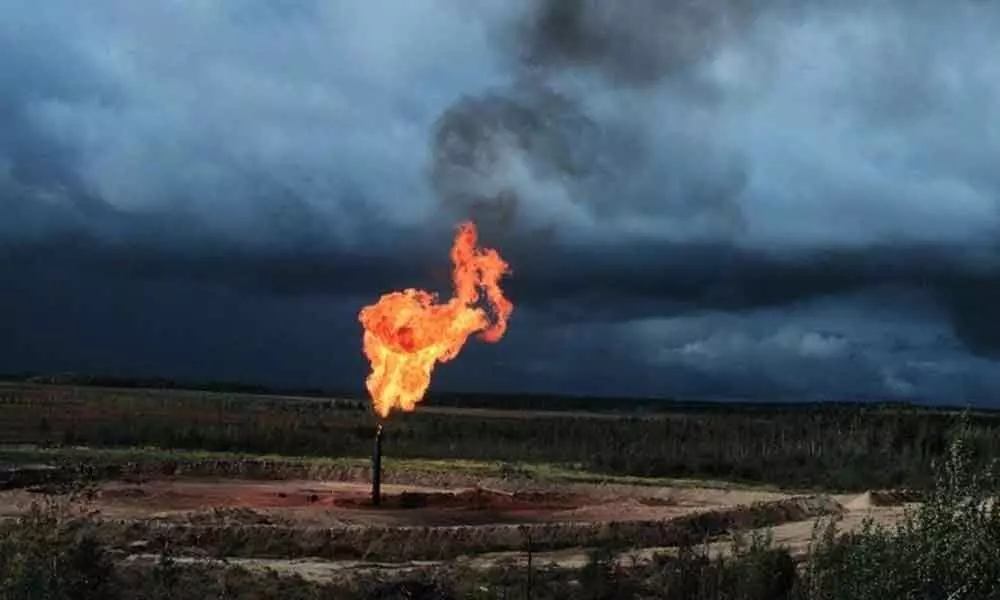Plan to make Europe free from Russian fossil fuels before 2030
Europe has been facing increased energy prices for several months, but now uncertainty on supply is exacerbating the problem
image for illustrative purpose

New Delhi: The European Commission has proposed an outline of a plan to make Europe independent from Russian fossil fuels well before 2030, starting with gas, in light of Russia's invasion of Ukraine. This plan, passed on Tuesday, also outlines a series of measures to respond to rising energy prices in Europe and to replenish gas stocks for next winter.
Europe has been facing increased energy prices for several months, but now uncertainty on supply is exacerbating the problem.
REPowerEU will seek to diversify gas supplies, speed up the roll-out of renewable gases and replace gas in heating and power generation. This can reduce EU demand for Russian gas by two-thirds before the end of the year.
Commission President Ursula von der Leyen said: "We must become independent from Russian oil, coal and gas. We simply cannot rely on a supplier who explicitly threatens us. We need to act now to mitigate the impact of rising energy prices, diversify our gas supply for next winter and accelerate the clean energy transition.
"The quicker we switch to renewables and hydrogen, combined with more energy efficiency, the quicker we will be truly independent and master our energy system. I will be discussing the Commission's ideas with European leaders at Versailles later this week, and then working to swiftly implement them with my team."
Executive Vice-President for the European Green Deal, Frans Timmermans said: "It is time we tackle our vulnerabilities and rapidly become more independent in our energy choices. Let's dash into renewable energy at lightning speed. Renewables are a cheap, clean, and potentially endless source of energy and instead of funding the fossil fuel industry elsewhere, they create jobs here.
"Putin's war in Ukraine demonstrates the urgency of accelerating our clean energy transition."
To address the skyrocketing energy prices, the Commission will look into all possible options for emergency measures to limit the contagion effect of gas prices in electricity prices, such as temporary price limits.
It will also assess options to optimise the electricity market design taking into account the final report of the EU Agency for the Cooperation of Energy Regulators (ACER) and other contributions on benefits and drawbacks of alternative pricing mechanisms to keep electricity affordable, without disrupting supply and further investment in the green transition.
A special European Council meeting is scheduled for March 10 and 11, where EU member states are expected to push for more active leadership on Russian fossil fuels phaseout.

